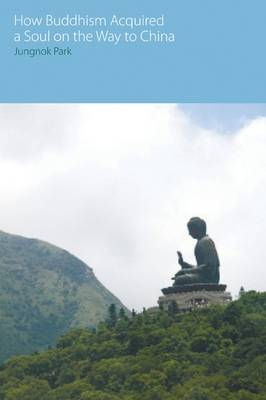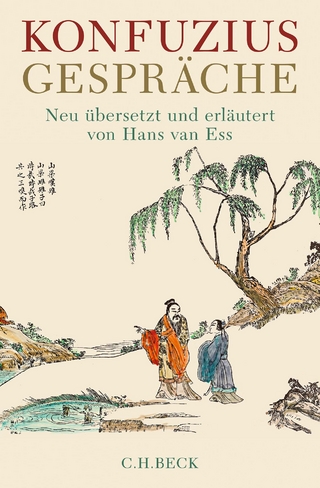
How Buddhism Acquired a Soul on the Way to China
Equinox Publishing Ltd (Verlag)
978-1-84553-996-2 (ISBN)
Why did some Buddhist translators in China interpolate terms designating an agent which did not appear in the original texts? The Chinese made use of raw material imported from India; however, they added some seasoningsA" peculiar to China and developed their own recipesA" about how to construct the ideas of Buddhism. While Indian Buddhists constructed their ideas of self by means of empiricism, anti-Brahmanism and analytic reasoning, the Chinese Buddhists constructed their ideas of self by means of non-analytic insights, utilising pre-established epistemology and cosmogony. Furthermore, many of the basic renderings had specific implications that were peculiar to China. For example, while shen in philosophical Daoism originally signified an agent of thought, which disintegrates after bodily death, Buddhists added to it the property of permanent existence. Since many Buddhists in China read the reinterpreted term shen with the implications of the established epistemology and cosmogony, they came to develop their own ideas of self. After the late 6C, highly educated Buddhist theorists came to avoid including the idea of an imperishable soul in their doctrinal system.
However, the idea of a permanent agent of perception remained vividly alive even during the development of Chinese Buddhism after the 7C.
Jungnok Park (1971-2008) was a Korean student of outstanding intelligence and originality. He began his university education only after spending 10 years (1989-1999) as a Buddhist monk. He had a brilliant career in the Dept. of Philosophy at Seoul National University; his MA thesis was on Nirvana and Buddhist Ethics. In 2003 he came to Wolfson College, Oxford, on a scholarship from the Korea Foundation. Already proficient in Classical Chinese and fluent in reading Japanese, he soon learnt enough Sanskrit and Pali to use them for his research. This book is based on his Oxford D.Phil. thesis, which he completed early in 2008.
INTRODUCTION Part I: Chinese Buddhist Translation in its Cultural Context Preamble Chapter 1: The characteristics of Chinese Buddhist translation Chapter 2: The verification of the traditional attributions of translatorship Part II: The Development of the Indian Buddhist Concept of Self Preamble Chapter 3: Self in early Buddhist soteriology Chapter 4: Development of Buddhist self Chapter 5: Nirvana and a permanent self Part III: The Development of the Chinese Buddhist Concept of Self Preamble Chapter 6: Chinese ideas about self before the arrival of Buddhism Chapter 7: Non-self but an imperishable soul in Chinese Buddhist translations Chapter 8: A survey of interpolations and adaptations of an agent in sansara Chapter 9: The characteristics of the Chinese Buddhist concept of self CONCLUSION
| Erscheint lt. Verlag | 26.3.2012 |
|---|---|
| Reihe/Serie | Oxford Centre for Buddhist Studies Monographs |
| Verlagsort | London |
| Sprache | englisch |
| Maße | 156 x 234 mm |
| Themenwelt | Geisteswissenschaften ► Philosophie ► Östliche Philosophie |
| Geisteswissenschaften ► Religion / Theologie ► Buddhismus | |
| ISBN-10 | 1-84553-996-6 / 1845539966 |
| ISBN-13 | 978-1-84553-996-2 / 9781845539962 |
| Zustand | Neuware |
| Haben Sie eine Frage zum Produkt? |
aus dem Bereich


